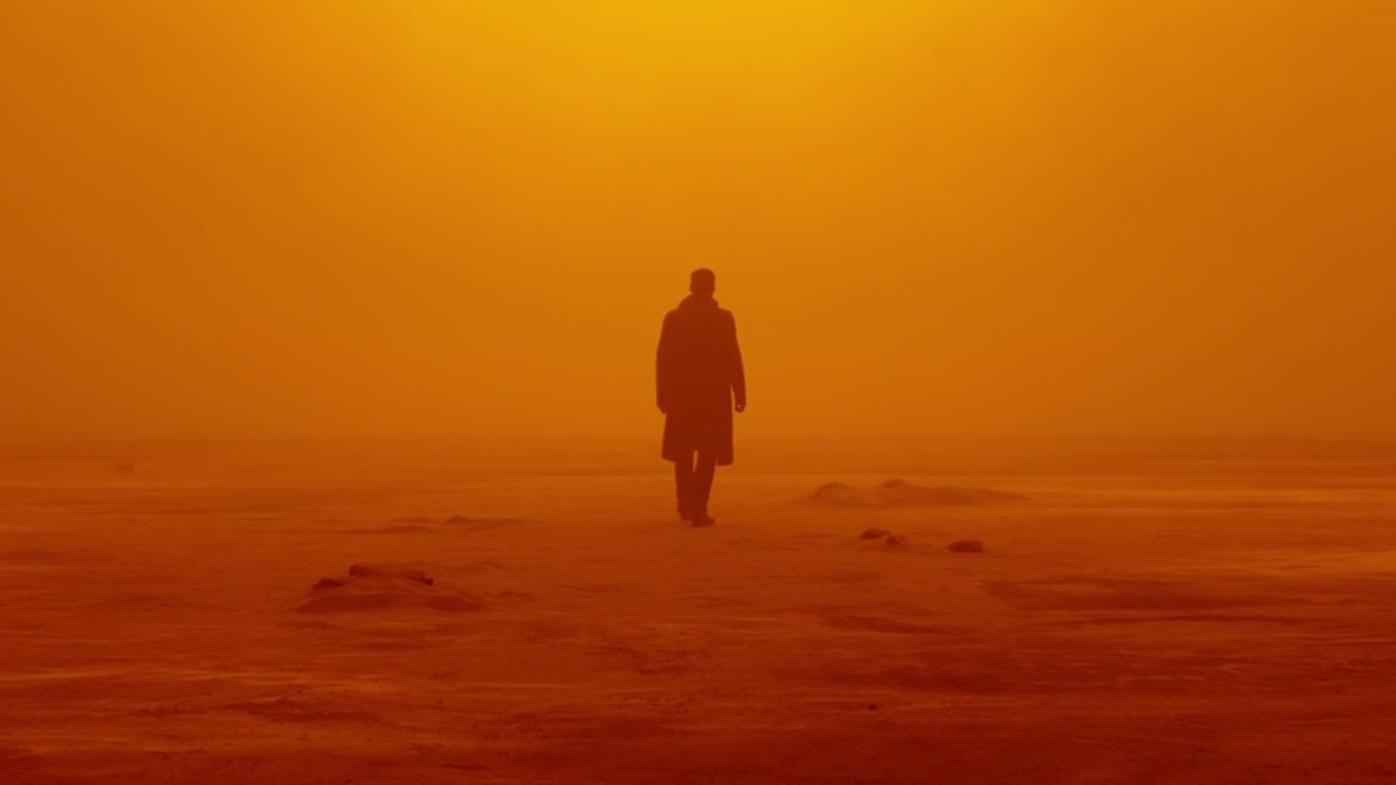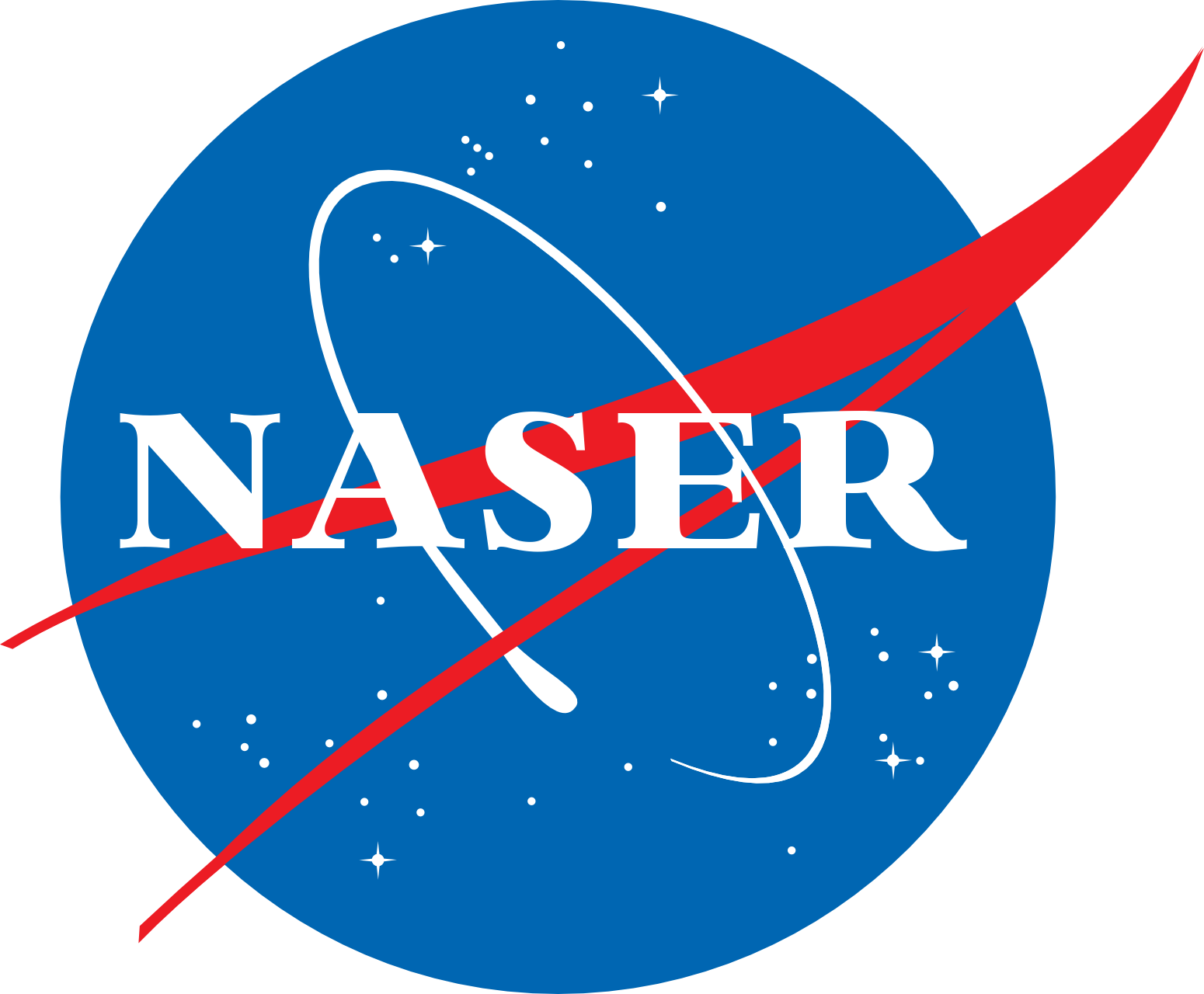CS Professor Reviews Movies: Blade Runner 2049
Written on April 19th, 2024 by Naser
Courtesy of Warner Bros. Pictures
Spoiler Alert!!!
In Denis Villeneuve’s “Blade Runner 2049,” we find ourselves immersed in a dystopian world that echoes the discontents of our own contemporary reality. As I gaze upon this cinematic spectacle, I cannot help but be drawn into a dialectical dance between the synthetic and the human, the past and the future, the real and the imagined.
The film serves as a canvas upon which we paint the contradictions of our age. It confronts us with questions that cut to the core of our existence: What does it mean to be human in an age of artificial intelligence and bioengineering? Can we truly distinguish between the authentic and the simulated? These inquiries strike at the heart of our contemporary predicament, where the boundaries between reality and illusion blur incessantly.
Through the character of K, brilliantly portrayed by Ryan Gosling, we are thrust into a journey of self-discovery that mirrors the existential angst of our postmodern condition. K, like us, grapples with the specter of his own identity, haunted by the uncertainty of his origins and the authenticity of his memories. In his quest for meaning, he navigates a labyrinthine landscape where truth and deception intertwine, where the distinction between the self and the other becomes increasingly elusive.
But it is in the character of Joi, portrayed by Ana de Armas, that the film truly unveils its philosophical undercurrents. Joi embodies the Lacanian notion of the “objet petit a,” the elusive object of desire that both completes and eludes us. She is the perfect encapsulation of our contemporary fetishization of technology, a simulacrum of intimacy that promises fulfillment but ultimately leaves us empty-handed (no pun intended).
Ultimately, Joi serves as a poignant symbol of the contradictions and paradoxes inherent in our contemporary relationship with technology. She embodies the allure of artificial intimacy, the seductive promise of fulfillment through simulation, yet also underscores the inherent limitations and ethical implications of such pursuits. In Žižekian terms, Joi represents the dialectical tensions between desire and satisfaction, reality and illusion, autonomy and control—a complex web of contradictions that defines our modern existence.
Villeneuve’s masterful direction, coupled with Roger Deakins’ mesmerizing cinematography, plunges us into a dreamscape where past, present, and future converge. The haunting score by Hans Zimmer and Benjamin Wallfisch serves as a symphony of dissonance, echoing the discordant rhythms of our fractured world.
Yet, amidst the dystopian gloom, there is a glimmer of hope, a utopian impulse that pulsates beneath the surface. In the character of Deckard, reprised by the iconic Harrison Ford, we glimpse the possibility of redemption, the potential for reconciliation between man and machine. It is here, in this fragile moment of solidarity, that the film gestures towards a future beyond the confines of our present condition.
In conclusion, “Blade Runner 2049” stands as a testament to the enduring power of cinema to probe the depths of our collective unconscious, to challenge our preconceptions, and to ignite our imagination. It is a film that invites us to confront the contradictions of our age with courage and conviction, to embrace the dialectical tensions that define our humanity. As we emerge from the darkness of the theater, we are left with a profound sense of unease, but also a flicker of hope—a hope that, perhaps, in the ruins of our world, we may yet find the seeds of our salvation.
In this new series I review movies that are relevant to AI, technology, and Computer Science. Suggest a movie for the next review, if you like this one. Note: This review was “written” with help from GPT-3.5 Turbo.

